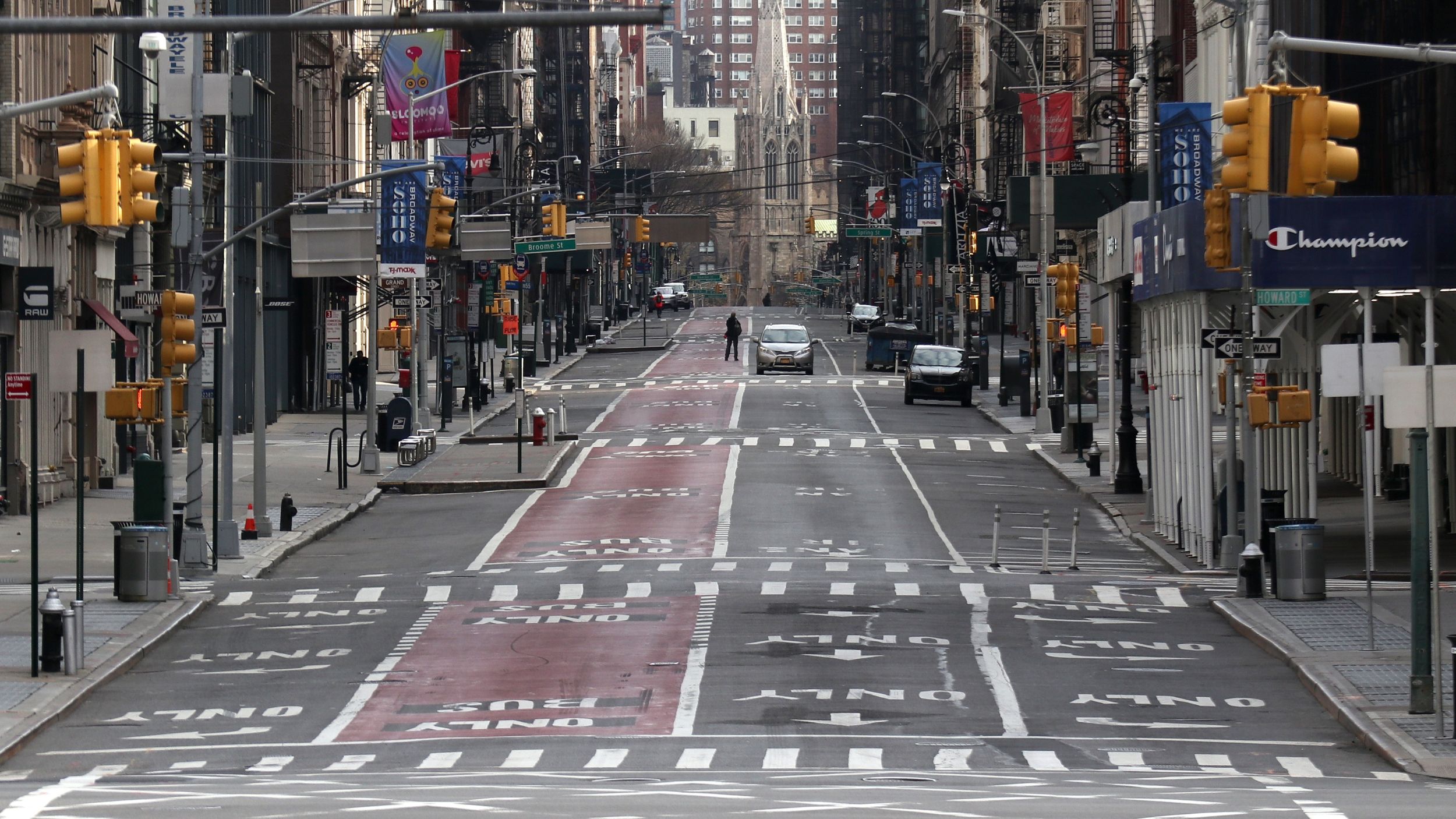Brewing Health Benefits: Hot Tea May Lower Glaucoma Risk

Get the world’s most fascinating discoveries delivered straight to your inbox.
You are now subscribed
Your newsletter sign-up was successful
Want to add more newsletters?

Delivered Daily
Daily Newsletter
Sign up for the latest discoveries, groundbreaking research and fascinating breakthroughs that impact you and the wider world direct to your inbox.

Once a week
Life's Little Mysteries
Feed your curiosity with an exclusive mystery every week, solved with science and delivered direct to your inbox before it's seen anywhere else.

Once a week
How It Works
Sign up to our free science & technology newsletter for your weekly fix of fascinating articles, quick quizzes, amazing images, and more

Delivered daily
Space.com Newsletter
Breaking space news, the latest updates on rocket launches, skywatching events and more!

Once a month
Watch This Space
Sign up to our monthly entertainment newsletter to keep up with all our coverage of the latest sci-fi and space movies, tv shows, games and books.

Once a week
Night Sky This Week
Discover this week's must-see night sky events, moon phases, and stunning astrophotos. Sign up for our skywatching newsletter and explore the universe with us!
Join the club
Get full access to premium articles, exclusive features and a growing list of member rewards.
Hot tea may do more than warm your insides: Drinking at least one cup of caffeinated tea a day may lower a person's risk for glaucoma, a new study suggests.
Researchers found that daily hot-tea drinkers were 74 percent less likely to be diagnosed with glaucoma, compared with those who drank no tea, according to the study, which was published today (Dec. 14)in the British Journal of Ophthalmology.
Glaucoma is a leading cause of vision loss and occurs when pressure builds up inside the eye. This pressure may damage the optic nerve and cause vision loss or blindness. Cases of this serious eye condition are on the rise worldwide, according to the study. [9 Healthy Habits You Can Do in 1 Minute (Or Less)]
The new findings show that lifestyle changes could help prevent vision loss from glaucoma, said lead study author Dr. Anne Coleman, a professor of ophthalmology at the David Geffen School of Medicine at the University of California, Los Angeles.
In the study, the researchers reviewed data from the 2005-2006 National Health and Nutrition Examination Survey (NHANES), a yearly survey evaluating the health and diet of people in the U.S. The researchers used that year because it also included eye test results for glaucoma.
Of the 1,600 men and women who had eye tests in the survey, about 5 percent had glaucoma, according to the study.
To determine whether beverage choice had any ties to glaucoma risk, the researchers looked at the NHANES data, which included information on how frequently the survey respondents said they had consumed coffee, tea or soft drinks during the past 12 months.
Get the world’s most fascinating discoveries delivered straight to your inbox.
The researchers found that coffee lovers outnumbered fans of hot tea, but only a daily cup of caffeinated hot tea was tied to a lower risk of glaucoma. This finding held true even after factoring in whether someone smoked or had diabetes, both of which can affect glaucoma risk, the study said.
Interestingly, though the study showed a link between caffeinated hot tea and glaucoma risk, the results did not show a similar association between decaffeinated hot tea and the eye condition.
One possible explanation for this finding is that teas containing caffeine have more antioxidants than decaffeinated teas do, Coleman said. [4 Awesome Perks of Drinking Tea]
In addition, there was no evidence that other beverages had protective effects: The analysis did not find that drinking hot coffee (either caffeinated or decaf varieties) or caffeinated iced tea or soft drinks every day was associated with a lower risk of developing glaucoma.
The researchers noted that the study did not prove cause and effect, but rather found merely an association between drinking hot tea and glaucoma risk.
But why might people's beverage choice affect eye health?
It could be that tea contains phytochemicals and flavonoids, and these plant compounds have anti-inflammatory and antioxidant properties that may protect the eye and the nerves surrounding it, Coleman told Live Science. Caffeinated tea drinkers may also have other healthy behaviors, such as getting more exercise or drinking less alcohol, that the researchers had not considered, she said.
As for coffee, it contains more caffeine and fewer flavonoids than tea, the study authors said. And the lack of protective effects observed with iced tea may be due to the small sample size of people who regularly drank the beverage, Coleman said.
One of the study's limitations is that no information was collected about the type of tea consumed, the brewing method, how long the tea steeped or the cup size used, the researchers said.
Originally published on Live Science.
Cari Nierenberg has been writing about health and wellness topics for online news outlets and print publications for more than two decades. Her work has been published by Live Science, The Washington Post, WebMD, Scientific American, among others. She has a Bachelor of Science degree in nutrition from Cornell University and a Master of Science degree in Nutrition and Communication from Boston University.
 Live Science Plus
Live Science Plus











